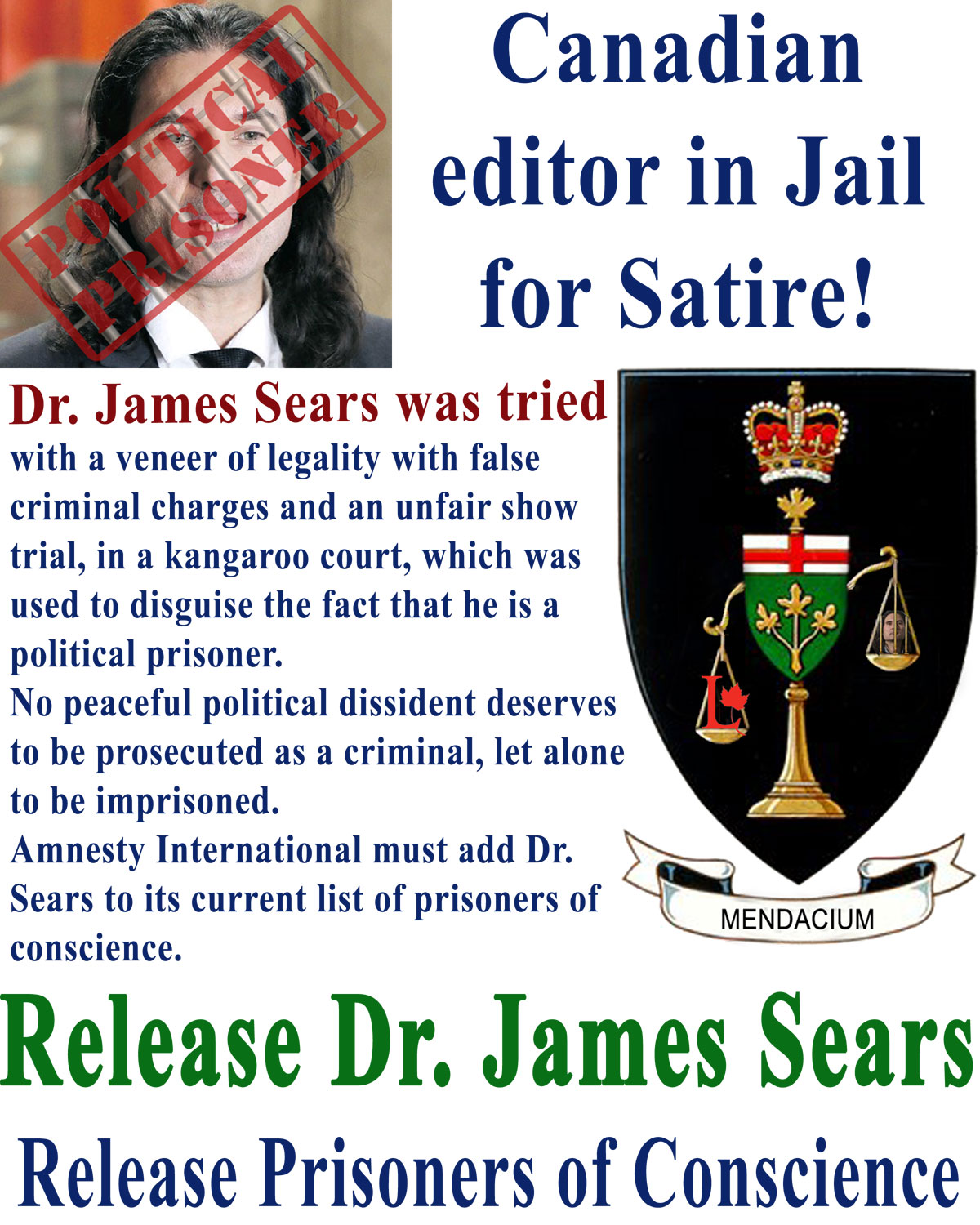The press isn’t entirely free in Canada – Michael’s essay

Late last month, the Supreme Court of Canada put some legal muscle, sort of, behind the right of a Canadian journalist to protect a confidential source.
At the same time, though, it said that reporters could be ordered to reveal a source if that source knowingly provided false information.
The decision came as the first test of a federal law called the Journalistic Sources Protection Act.
Why, you might very well ask, do journalists need such a law?
Well, without sources there is no journalism, and without guaranteed protections, there are no sources.
If we really believed in a truly free press, we wouldn’t throw publishers in jail for the words they publish
– Michael Enright
But before we reporters crack open another Jeroboam of bubbly in celebration, let’s remember that the press isn’t entirely free in this country.
In late August, a Toronto judge sentenced the editor of a small newspaper to a year in jail.
….
The odd thing about the fact that a man was sentenced to lose his liberty for a year for printing nasty things, was that it caused barely a ripple in the halls of Toronto journalism.
The only reporter I could find with the grit to denounce the court’s action was Globe and Mail columnist Marcus Gee.
He wrote: “None of the usual guardians of free speech seemed to find it even a little troubling.”

Judging from the “thunderous silence,” he said, they must consider it perfectly acceptable to send the editor to jail and put the publisher under house arrest for a year.
The judge’s decision comes at a particularly parlous time for journalists and the idea of a free press.
Inside our courtrooms, judges have been leaning more and more to publication bans denying the public the right, and it is a right, to know what is going on inside them.
If we really believed in a truly free press, we wouldn’t throw publishers in jail for the words they publish.
To many, this seems rather puny when positioned alongside what is happening to reporters, and the functioning of free journalism, in other parts of the world.
Around the world, reporters and editors are being arrested, tortured, silenced — even murdered.

The 2019 World Press Freedom index this year found that hatred of journalists has degenerated into violence. The number of countries considered safe for journalists has continued to decline.
Last October, we heard of the gruesome murder of Washington Post contributor Jamal Khashoggi in Istanbul.
This past spring, Irish journalist Lyra McKee was murdered in Derry by a dissident IRA cell.
The numbers suggest that a free press is gradually scaling down to a few countries in the West.
But even in the US, where local newspapers are dying, the country’s leader calls reporters “enemies of the people” and says they traffic in fake news. The result is that Trump rallies have turned into beat-the-press meetings which could easily boil over into violence.

Violence such as the murder of five employees of the Capital Gazette last year in Annapolis.
The cops called it a targeted shooting. Jailing a hatemonger in Toronto does nothing to reduce hate in this country.
But it does reduce, albeit slightly, the idea that a free press is something more than a slogan.
That in some parts of the world, it is life and death. All the more reason to make sure we protect it here.

